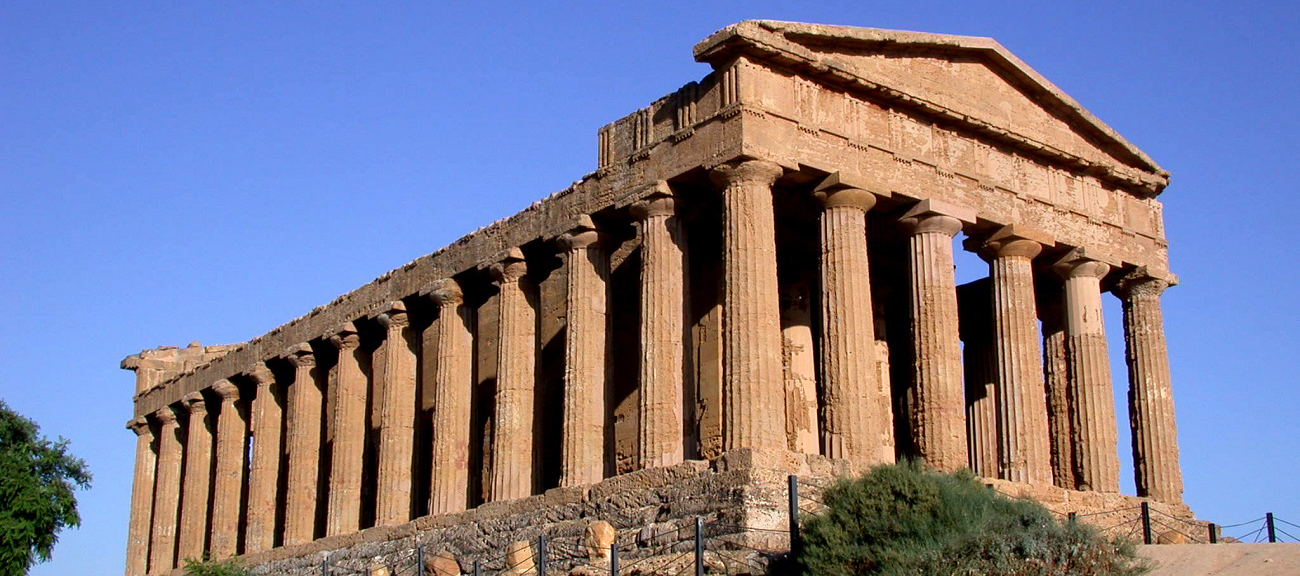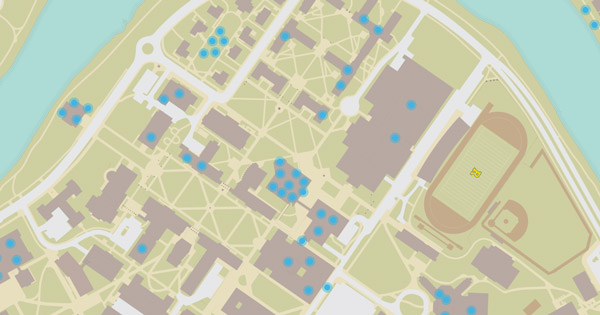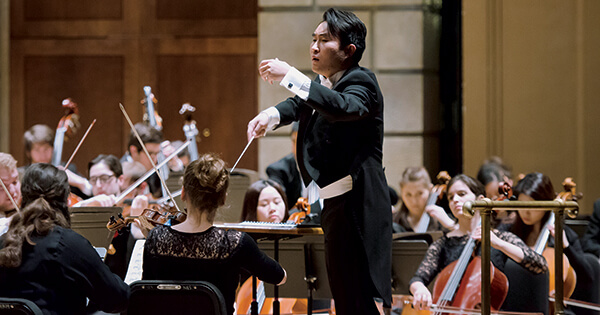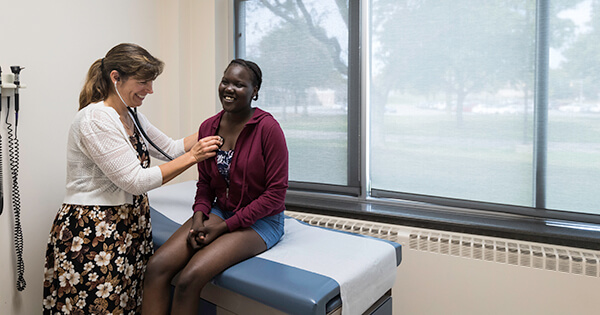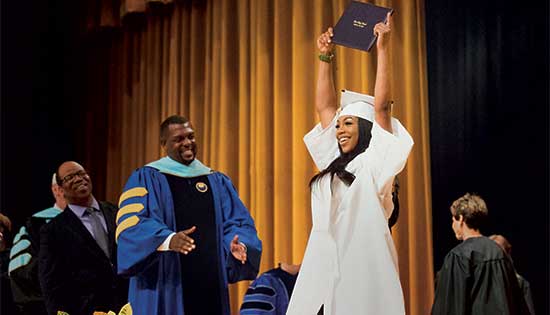Mingxuan Teng ’18
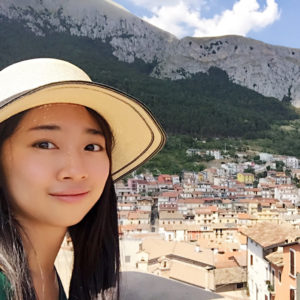 Mingxuan Teng ’18
Mingxuan Teng ’18
Major: Applied math major
Hometown: Beijing, China
“I am so grateful for the scholarship . . . I will never get a chance like this again to learn so many details about the culture and history of Italy.”
What did the Lisio Scholarship mean to you?
Because of it, I could participate in the San Martino Archeological Field School in the summer of 2017, a program led by Professor Elizabeth Colantoni. For the month I was there, I participated in archeological field work and stayed in the small town of Torano. I am so grateful for the scholarship, which covered most of my expenses and really made the entire experience possible.
Was it your first time in Italy?
This is my second time in Italy. The first time was with a tourist group where I spent no more than three days there. However, the trip this summer was awesome. We spent the first three days in Rome. We visited forums and museums. I will never get a chance like this again to learn so many details about the culture and history of Italy. We lived in Torano for the rest of the month. We had field trips every now and then to towns like Avezzano, Magliano, Sulmona, Alba Fucans, and others. Those are the towns that are rich in Roman architecture. I also traveled to Pompeii with two other students during the break time.
As an applied math major, what prompted you to study in Italy?
My major is not related to archaeology at all. However, doing archaeological field work has always been something that I wanted to explore since middle school. And I have to say it is the flexibility here at UR that allowed me to spend the summer in Italy doing what I want to do regardless of what my major is. And it was the reason I transferred to UR two years ago.
What did you learn about yourself and the world by being overseas?
I am an international student at UR and I am used to living in a multicultural environment. So being in another country and in a different culture was not so difficult for me. The experience in Italy was definitely awesome and I enjoyed it a lot. During the time there, I got a chance to experience what Italian life really is like. We traveled by bus and train with Italian locals and we ate Italian food every day. I even ran a 5K in Magliano, which is a town near to Torano. I got a chance to discover what life is like in another part of the world.
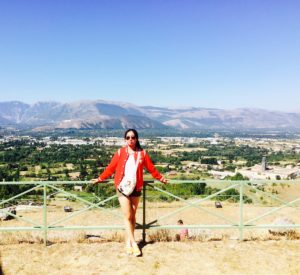 Tell me about the 5K you did, what it was like, and why you did it.
Tell me about the 5K you did, what it was like, and why you did it.
It was one of the most meaningful things I did in Italy. At that time, I was preparing myself for my half marathon that would be held in Rochester in September. I practiced every now and then when the archaeology work was not intense. When Professor Colantoni told us about the 5K race that would be held nearby, I decided to go immediately. But I wouldn’t have known that the decision would become such an amazing experience.
The 5K was actually the first time the town held a run like this. Professor Colatoni drove me there and there was already a crowd waiting at the starting line. Several people were working together to call names and give out bib numbers. When it came to my turn, they all went silent. Instead of calling my name, they all start looking at me.
An 8-year-old boy took the responsibility to teach me how to attach the bib on my t-shirt by using body language. “They must have assumed beforehand that I do not speak Italian, based on my Asian face,” I thought. However, I could feel the kindness. They were really trying to take care of me and make me feel comfortable.
The view along the 5K was great. There were the farmlands that had crops that were as tall as a person; the beautifully decorated town hall where people gathered; the little coffee shop where friends hung out; the backyard where an older lady with a walking stick was watering her margarita flower. In the end, I finally got to the church where the finish line was. Being a runner let me interact with the town in a different way, giving me a chance to catch a glimpse of local daily life.
Building Connections
Global experiences build cultural literacy, foster understanding, and change our perspectives. To learn how you can support a cultural exchange program, contact Lisa Hall, Executive Director, College Advancement, at (585) 273-3619.
—Kristine Thompson, December 2017


